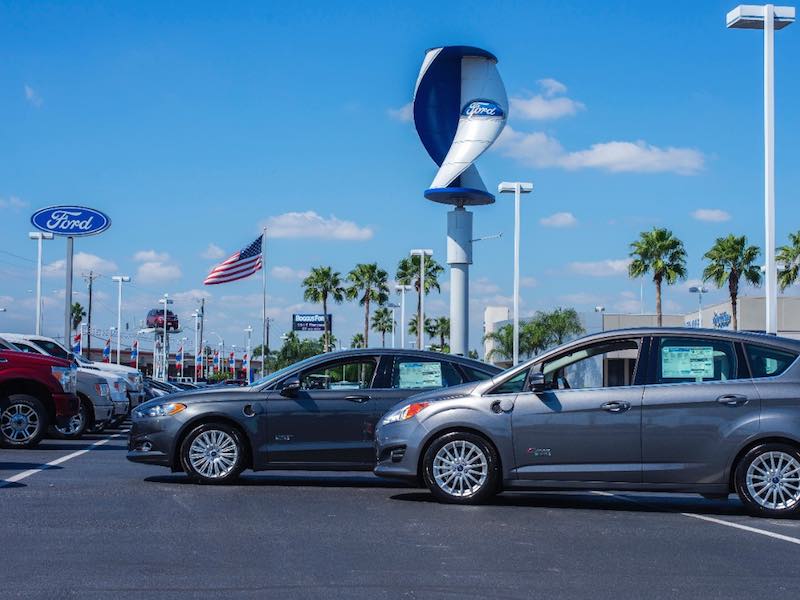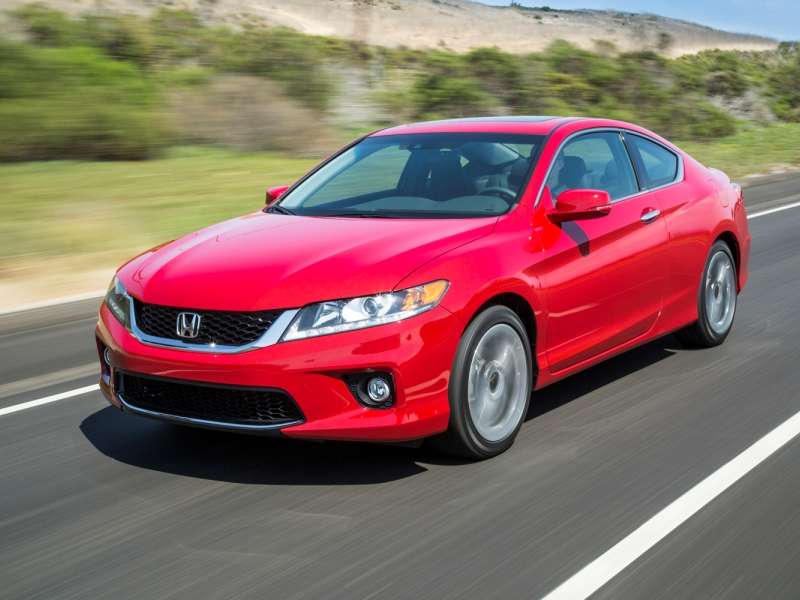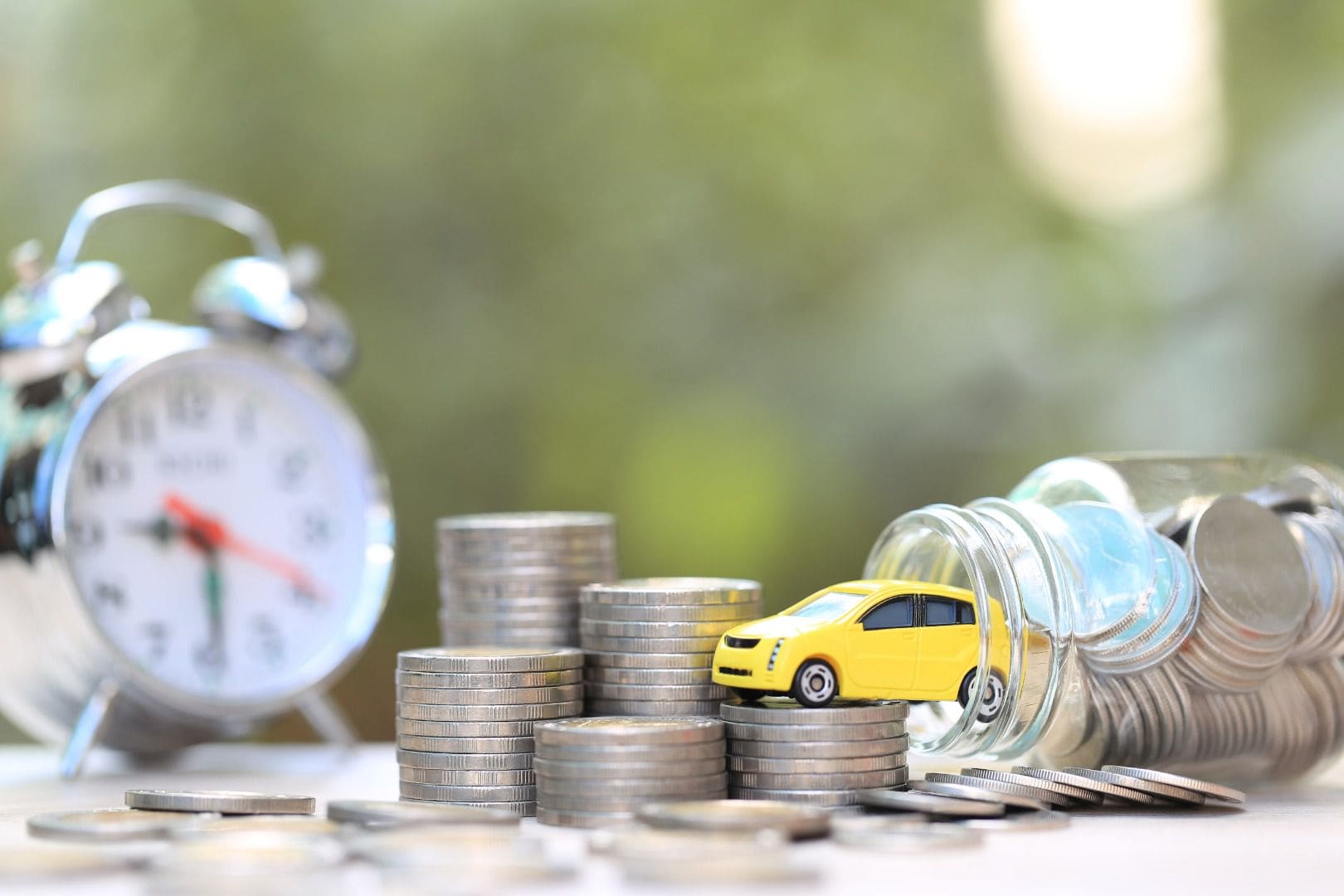Recent Articles
Popular Makes
Body Types
10 Things Dealers Wish Consumers Knew About the Car Buying Process

iStock car salesman
Industry studies show that the relationship between consumers and car dealers continues to improve. At the same time, there is a continuing disconnect between car buyers and car dealers that hinders what should be an enjoyable process. Having a new car is a great experience; therefore, buying a new car should be a great experience as well.
One way consumers can improve the car-buying experience is for them to understand the challenges dealers face every day. While being a car dealer might seem like an easy and very lucrative occupation, the fact is it is very difficult and highly competitive. So, in the interest of making the car-buying process easier for everyone, here are 10 things dealers wish consumers knew about the car-buying process.
1. Research Is Valuable
One reason for the disconnect that often occurs between car buyer and car dealer is consumers have unreasonable expectations. They might believe that the dealer can sell a vehicle for far less than is really possible. Or they might think that dealers can routinely sell vehicles for “below invoice,” or for less than the price they paid for the vehicle. Consumers might also think that dealers make tons of money on the car loans they arrange.
Doing some research can explode these myths and bring the car buyers’ expectations more in line with what is possible. If the consumer has a good understanding of what individual vehicles are selling for realistically, it goes a long way toward easing the potential friction between buyer and seller.

2. Dealers Value Their Reputations
Many consumers deem car dealers untrustworthy. But what they should understand is every dealer lives or dies by their reputation. Their reputation is one of the very few things that differentiate them from other dealers in a highly competitive industry.
Further, in this age of social media and online reviews, dealers are more protective of their images and reputations than ever before. Negative online reviews can do significant damage to their businesses, so they are eager to establish and maintain good reputations. And the best way to do that is to treat customers fairly, go the extra mile to solve consumer complaints, and fulfill commitments they make. In many communities, car dealers rank high among the business leaders and contribute generously to local charities.

Photo by Ford
3. New Cars Are Not Very Profitable
The typical consumer sees prices of new cars that are often $30,000, $40,000, or more and believe the dealer is making thousands of dollars in profit on the sale of each vehicle. But that is simply not the case. The dealer’s margin — the difference between the cost they pay for the vehicle and the amount they sell that vehicle for — is much narrower than consumers think. In many instances, their gross profit is in the hundreds of dollars, not thousands of dollars, even on very expensive vehicles.
A key reason for that is the competitive nature of new-vehicle sales. In some ways, a new vehicle could be regarded as a commodity because identical examples are easy to come by from a variety of dealers. Further, the margin between the Manufacturer’s Suggested Retail Price (MSRP) and the dealer’s invoice price (the amount the dealer paid for the vehicle) is not nearly as large as one might guess.

Photo by Brady Holt
4. Used Cars Are More Profitable Than New Cars
Consumers don’t typically grasp that dealers usually have a higher profit margin on used vehicles than they do on new ones. There are several reasons for that, but the key reason is one we just alluded to — new cars are a commodity. In comparison, each used car has its own history and its individual pluses and minuses.
If you find a three-year-old SUV in great condition and in the color you want on a dealer’s lot somewhere, you might have a very difficult time finding an equivalent vehicle at another dealer across town. At the same time, a used car can often be a much wiser financial choice for the car-buyer than a brand new car whose value will decline rapidly in the first few years of ownership. Savvy car buyers consider both new and used cars.

5. Checking Inventory Online Is Useful
You can go online and use a third-party site’s configuration tool to “build” your dream car. But unless you find a car equipped exactly as you have configured it on a dealership lot, you will have to wait weeks or even months to order the car, have it built, and get it delivered from the factory. That is why searching the inventories of local dealers — something you can do very easily online — is so useful.
The typical dealer would prefer to sell you a vehicle that they have “in stock.” There are a couple of reasons for that. One is it virtually guarantees the sale. They have it; you buy it. Deal done. A second reason is that the dealership has an investment in every car on its car lot. Many times dealers finance the purchase of their inventory with what is called in the industry “flooring,” and they don’t want to pay any longer on those loans than they have to.

Photo by Adobe Stock
6. Take Advantage of Online Tools
Looking at inventory online isn’t the only Internet tool that is valuable to both car buyer and car seller. Research tools like vehicle comparison help the car buyer get a firm understanding of what they want and what it costs. Tools that show market value help the consumer and dealer come together on a mutually acceptable price far quicker than they might if the consumer lacked that information.
Manufacturer websites can help consumers understand the offers that might be available to them. Special financing deals, subsidized lease offers, and customer cash are among the incentives that carmakers use to persuade consumers to buy their vehicles. Those incentives could save you hundreds or even thousands of dollars and help the dealer make a sale at the same time.

Photo by Adobe Stock
7. Know What You Want
Consumers often run into frustration in the dealer showroom. They might feel that the salesperson is not responsive to them or is not even listening to them. And sometimes they are right. But do they ever consider the fact they are not communicating well about what they want and what they expect?
A lot of car buyers fall into the process. They walk into a dealership on the off-chance that they might buy a new car, and the next thing they know, they're sitting in a glass-walled office trading in their current car and putting good money down on a new one. Did they think through the process? Did they determine what their automotive needs really are? Did they communicate what they wanted to the salesperson directly? The odds are the answer to all of those questions is "no." So is it any wonder the consumer has buyer's remorse?

Photo by Drobot Dean - stock.adobe.com
8. Know What You Can Afford
You might not always be forthright about your financial situation. You probably don’t tell people your net worth or how much you make a year or how much you owe to various credit card companies. It’s perfectly okay to keep that information close to the vest. But don’t lie to the car salesman about your financial situation. It will only cost you time, heartache, and embarrassment.
If you can’t buy the new car you want with cash you have saved for that purpose, then you are going to have to get a car loan. And to get a car loan, you have to come clean about your finances. The fact is many people go into a car dealership without any understanding of whether they can afford to buy a new car or not. And when push comes to shove, they can bluff their way to a car deal.
Before you enter a dealership, take a long hard look at your current financial situation. If you owe tons of money on installment loans and credit cards, you shouldn’t attempt to buy a car. It will embarrass you and waste the salesperson’s time.

Photo by Bigstock
9. Time Is Money
A dealer didn’t invent the phrase “time is money,” but dealers sure abide by it. Your time is too precious to waste hours of it thrashing through a deal only to see it fall apart because you got cold feet... you couldn’t qualify for financing... or you suddenly came to your senses and decided your daughter’s braces are more important than buying a new SUV.
While your time is precious, the salesperson’s time is precious, too. Many of them rely on sales commissions to put food on the table, so if you eat up their Saturday morning working through a car deal and then bow out for whatever reason, good or bad, it costs them money. And salespeople encounter this phenomenon virtually every day. Is it any wonder they sometimes have a cynical attitude about “lookie-loos?” In the car purchase process, you should expect the dealer to treat you the way they’d want to be treated if they were in your shoes. And, in turn, you should treat them and their employees in exactly the same way. Be upright, honest, and stand behind your word.

Photo by Monthira - stock.adobe.com
10. Test Drives Are Worthwhile
A car is a major purchase, typically the biggest purchase most consumers make with the exception of their homes. A test drive might seem like a waste of time, but even if you have purchased a vehicle of the same brand previously, you can still learn a lot by test driving the vehicle you expect to buy.
At the same time, when a consumer takes a thorough test drive, it is good for the dealer. Why? There are two reasons. First, a satisfying test drive is very likely going to clinch the sales of the car for the dealership. After you’ve driven a shiny new car, you probably don’t want to go back to that older car you’re currently driving. But the other reason is equally important. A test drive enables the consumer to identify any issues and problems they might have with the car BEFORE they buy it. That can save headaches later.
